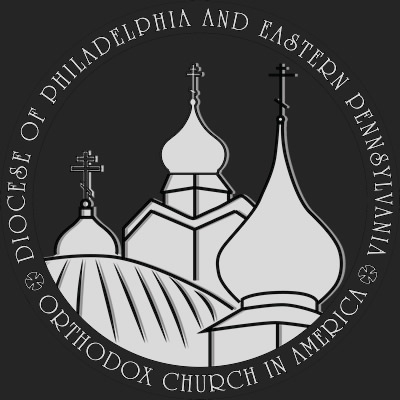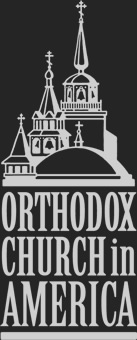The sermon for this Sunday comes from the Gospel of Matthew 25: 14-30, the Parable of the Talents. This is the Gospel for the 16th Sunday of Matthew because when…
Read More
Today we hear the lesson from the Gospel of St. Luke Chapter 17 verses 12-17, which is the story of the Healing of the Ten Lepers. We know from the Gospel…
Read More

Today we hear the story of the Rich Ruler from the Gospel according to St. Luke Chapter 18:18-30 in which the rich man asks Jesus, "What can I do to…
Read More

Today we hear the Gospel Lesson from St. Luke Chapter 13 verses 10-17, the Healing of a Crippled Woman.
Read More
Today we read the Gospel from Luke 12:16-21, the Parable of the Rich Fool. The main theme of the Gospel is that of wealth and thanksgiving.
Read More

This week in the calendar of Saints, the Orthodox Church celebrates the memory of St. John Chrysostom, the Golden Mouthed.
Read More

The gospel lesson for Sunday November 5, 2023, which demonstrates the power of faith in the story of Jairus' daughter and the woman who touched Jesus' garment. One of the…
Read More

This past week we commemorated the memory of St. Demetrios the Great Martyr whose relics we have in our Church. This great Saint of the Church hailed from the city…
Read More
Today, Sunday October 22, 2023 is the Feast of one of the most revered icons, the Kazan Mother of God. From the oral tradition of the Church, this icon was uncovered…
Read More

This Sunday, October 15, 2023, is known as the Sunday of the Church Fathers, which is celebrated on the second or third Sunday of October and is the affirmation of…
Read More





